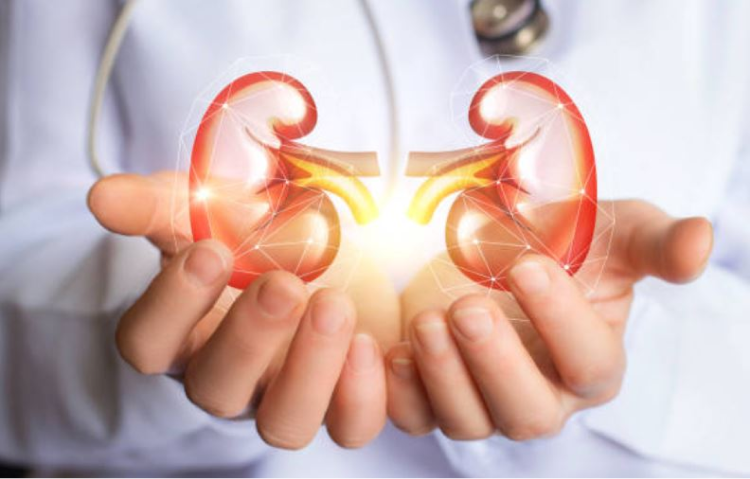
Nephrology is a specialty of medicine and pediatric medicine that concerns the study of the kidney, specifically normal kidney function and kidney disease, the preservation of kidney health, and the treatment of kidney disease, from diet and medication to renal replacement therapy (dialysis and kidney transplantation).
Nephrology also studies systemic conditions that affect the kidneys, such as diabetes and autoimmune disease; and systemic diseases that occur as a result of kidney diseases, such as renal osteodystrophy and hypertension.
A nephrologist is a physician who has undertaken additional training and becomes certified in nephrology.
Patients are referred to nephrology specialists after a urinalysis, for various reasons, such as
- Hypertension,
- Blood or protein in the urine,
- Kidney infections,
- Kidney swelling,
- Kidney stones,
- Acute kidney failure,
- Chronic kidney disease,
- Polycystic kidney disease,
- Nephrotic syndrome,
- Renal artery stenosis,
- End-stage kidney disease,
- Electrolyte imbalance
Procedures a nephrologist may perform include native kidney and transplant kidney biopsy, dialysis access insertion (temporary vascular access lines, tunneled vascular access lines, peritoneal dialysis access lines), fistula management (fistulogram and plasty), and assistance in renal transplant.
WHEN TO SEE A NEPHROLOGIST:
Your primary care doctor can help prevent and treat the early stages of kidney disease. However, sometimes these early stages may not have any symptoms or may have nonspecific symptoms such as fatigue, sleep problems, and changes in the amount you urinate. Regular testing can monitor your kidney function, particularly if you’re at risk for kidney disease. These groups include people with high blood pressure, diabetes, heart disease, a family stroke, or kidney problems.
Testing can detect signs of decreasing kidney function, such as decreasing GFR value or an increase in the level of albumin in your urine. If your test results indicate rapid or continuing deterioration of kidney function, your doctor may refer you to a nephrologist.
Your doctor may also refer you to a nephrologist if you have any of the following – advanced chronic kidney disease, large amounts of blood or protein in your urine, recurring kidney stones, high blood pressure that’s still high even though you are taking medications, a rare or inherited cause of kidney disease